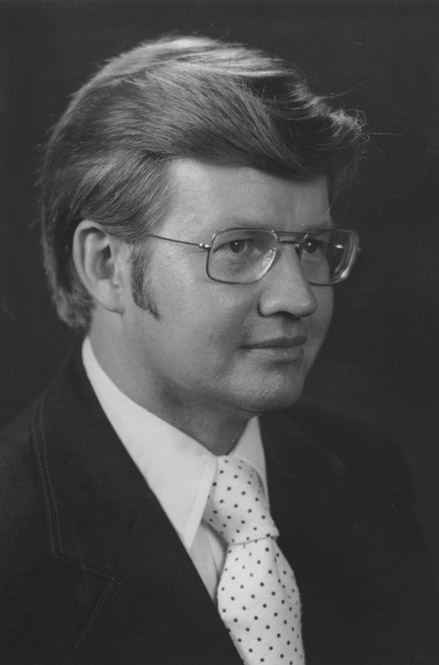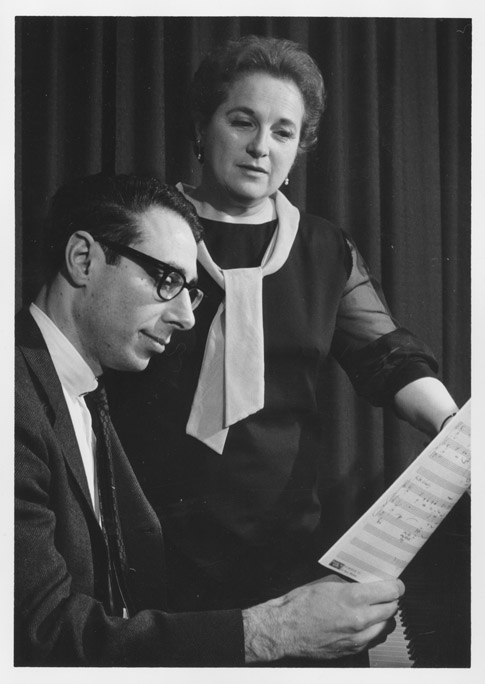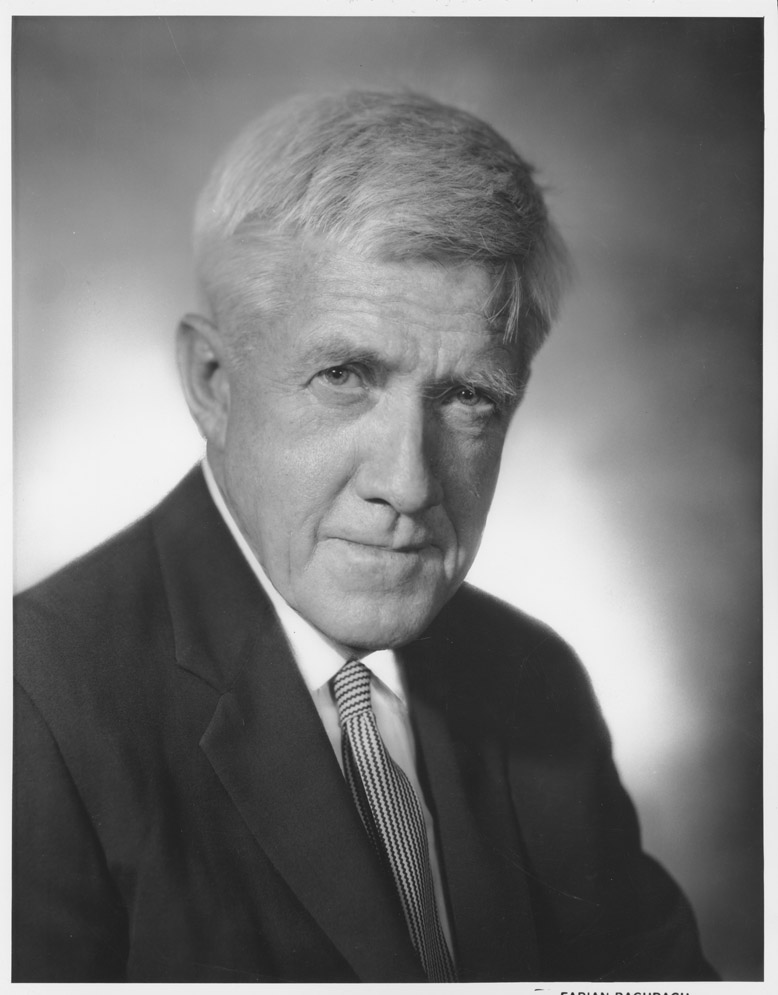Ronald Steele Papers

A native of New Jersey, Ronald Steele was devoted to both music and photography from an early age. After a tour of duty with the US Air Force Symphony Orchestra and graduate study in violin performance at the University of Michigan, Steele joined the faculty at the University of Massachusetts in 1963. Active as a conductor as well as a performer throughout his career, he was widely known on campus for his popular course, an introduction to music, which was transformed into an award-winning, nationally-syndicated radio show in the mid-1970s. A founder of the UMass Symphony Orchestra (1963) and the Five College Chamber Soloists, Steele resumed his passion for photography in the late 1970s, opening the Ron Steele Photography Studio, which became an increasing creative outlet after his retirement from the university in 1997.
The Steele collection consists of roughly three linear feet of records documenting his career, including corresponce, programs, notes, teaching materials, and photographs. Reflecting his dual creative interests in music and photography, Steele took dozens of photographs of performers and colleagues.



